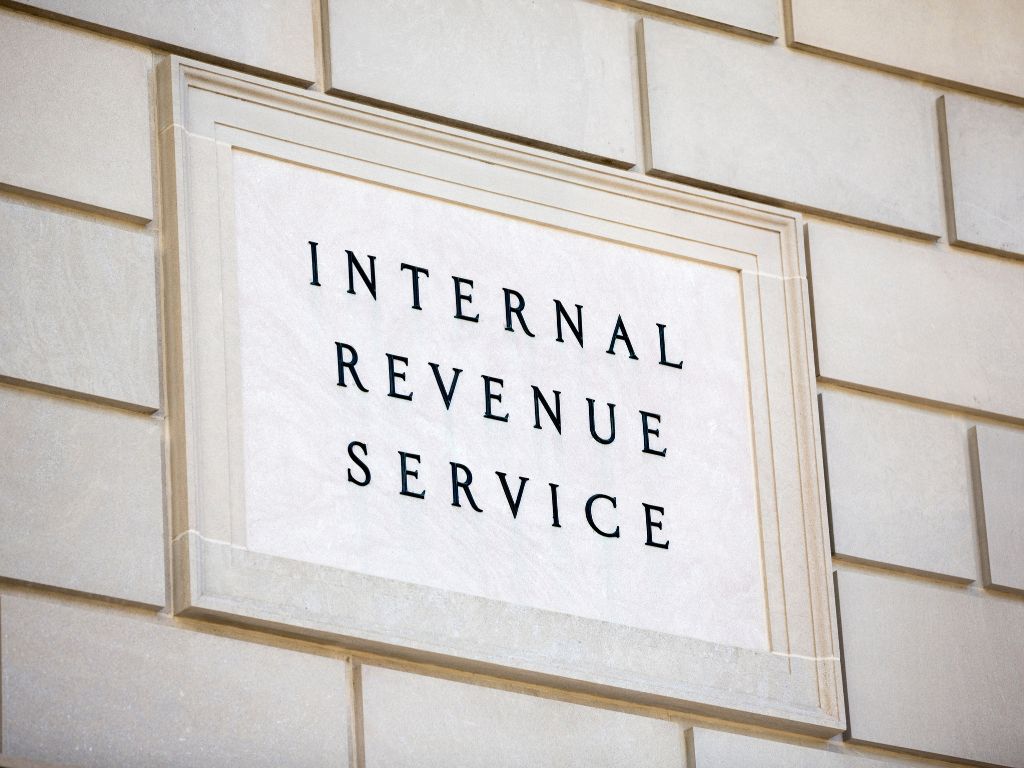You’ve done all your taxes, and found that you might have a substantial amount of money coming your way. But how long will it take for your tax refund check to reach your bank account via direct deposit?
How long does a refund check take for direct deposit? Most tax refund checks appear in your bank account within 21 days via direct deposit. Tax forms with major issues may take up to four months to give you a refund.

Tax Refund Checks via Direct Deposit
Compared to other forms of direct deposit, 21 days might seem like a lot, but it’s not.
The IRS has outdated technology, and they receive thousands of requests and forms daily. Please be patient with them.
The IRS has been attempting to modernize since 1985; the computers that the IRS uses are still 35 years out of date. That means that your taxes are processed by a computer less sophisticated than your smartphone. In other words, everything at the IRS is slow—not just your tax refund.
The more work the IRS has to do, the later your refund will be. There is no benefit to filling out a paper tax form; if anything, it makes the entire process slower. If you want your refund check as soon as possible, you want to e-file your taxes and choose direct deposit.
This chart will help you see how the format you file your taxes affects when you get your refund:
| Processing Time | Direct Deposit | Paper Check | |
| Filing Format | |||
| E-File | 24–48 hours | 21 Days | 6–8 weeks |
| Paper | 6 months + | 21 Days | 6–8 weeks |
Bear this chart in mind later, by the way. There will be cases when e-filing gets you a paper check whether you want one or not!
My Deposit Is Late! What Should I Do?
If you selected direct deposit when filing your taxes, it is unlikely that your tax refund will be late. E-filing your taxes makes everything run more smoothly, ancient technology or not. The sooner the IRS gets your tax forms, catches any mistakes, and gets back to you, the sooner you will receive your refund.
But, just in case something went wrong, here is what you should do:
- Many state government websites have a “Where’s My Refund?” page or something similar. This will vary by state, so look this up for your area.
- Call your bank. Maybe there was a technical error.
- You may have filled out your tax form improperly. In this case, the IRS will send you further instructions.
If something has gone wrong, the IRS will send you instructions via paper mail. They will not call or email you! Once you are sure that the address is legit, follow their instructions to ensure that you get your tax refunds as swiftly as possible.
Why Has My Refund Been Accepted, but Not Approved?
If you checked the status of your refund on a government website, you might have seen that your tax refund has been accepted, but not approved. This was probably because you made a mistake on one of your forms. The most common mistakes involve the recovery rebate credit and child tax credit.
But any mistake on your taxes will result in your tax refund check being delayed. It’s important to fill those forms out for both the IRS’s sake and yours. Get it right the first time to save yourself a headache.
I Wanted My Refund as a Direct Deposit. Why Did I Get a Check in the Mail?
First-time taxpayers might be surprised to receive their refund check in the mail, even though they chose direct deposit. Even if you opted to receive your tax refund as a direct deposit, there are a few reasons you might get your tax refund as a check instead:
- If it is your first year filing taxes, your first refund might be paper regardless.
- The IRS could not verify your bank account.
- Your bank did not honor the direct deposit.
- Your bank is located outside of the United States.
- The IRS suspects fraud.
Aside from the first point, it is up to you to make sure your bank can receive your refund check as a direct deposit. And if it is your first time, don’t worry—just make sure you select direct deposit the second time around!
Conclusion
The IRS offers a very generous period in which you can get your tax refund directly deposited into your bank account. Assuming everything else is okay, and that you e-filed your taxes correctly, you should receive your refund within 21 days. The IRS is working with outdated equipment, but if you make its job as easy as possible, you will probably get your tax refund sooner rather than later.
But many people had to wait longer than that in 2022. The most common reason was one error on the tax forms or another. Most of these involved the child tax credit or recovery rebate, but any error in taxes will slow your refund down.
To check on the status of your tax refund check the website of the tax department for your state, please check the “Where’s My Refund?” feature provided by the IRS. If there is a problem with your tax refund, please wait for the IRS to send you instructions via snail mail; the IRS will never email or call you! Follow the instructions to get your refund back on track.
